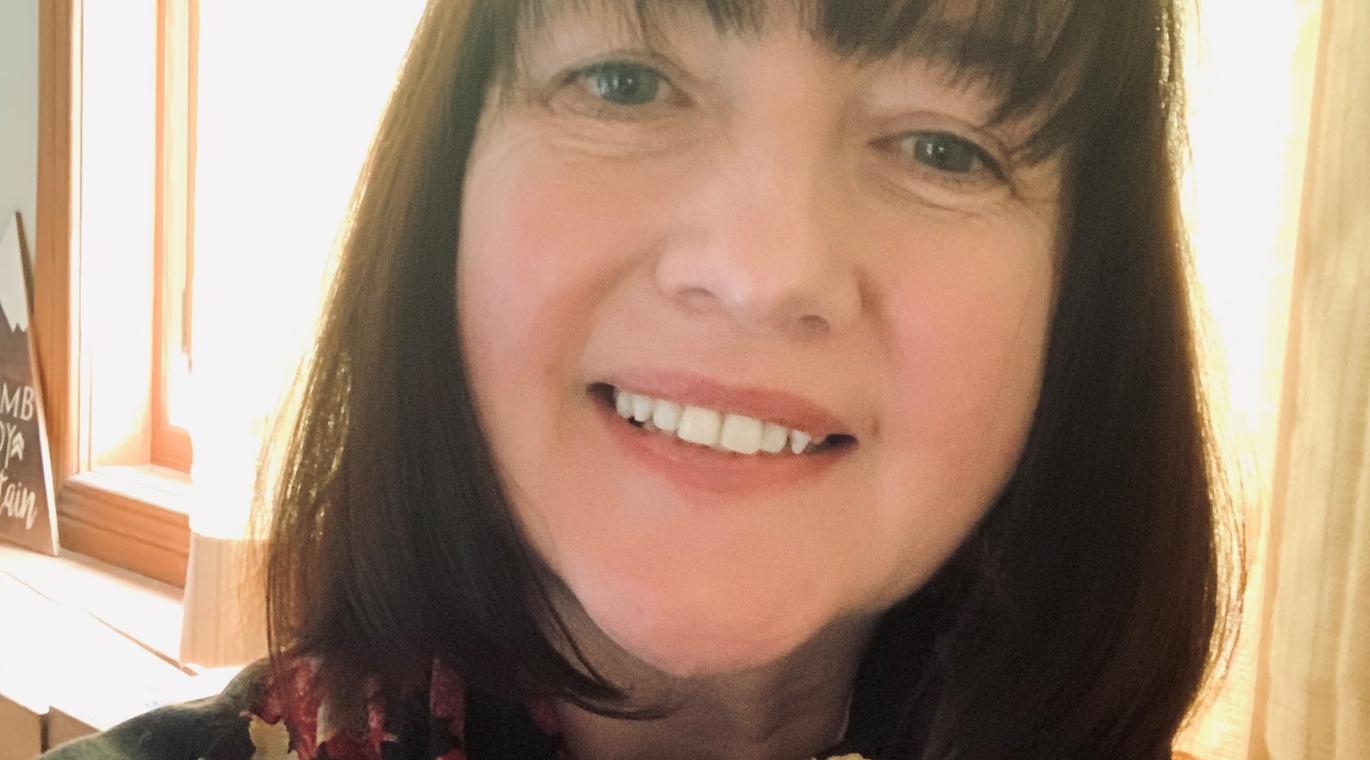
Dr. Imelda Galvin is an assistant professor in the Departments of Anesthesiology and Critical Care Medicine at Queen’s. Clinically, she divides her time between those Departments, though within Anesthesiology she has a particular focus on anesthesiology for neurosurgery. Her teaching is mainly clinical, she explains, as she does bedside teaching of residents and subspecialty trainees in both her Departments. “I also mentor medical students as part of the Queen’s Critical Enquiry Program. This program allows students to formulate and develop a research project from idea inception to production of a methodically rigorous proposal.”
For her research, Dr. Galvin focuses on appreciation of patients’ humanity and empathy among critical care physicians. “Patients with life-threatening illnesses are often too ill to interact normally with those around them. This can make it difficult for physicians caring for them to fully appreciate who each patient is as a person and to understand their feelings,” she says. “We are currently studying which factors help physicians better appreciate who patients are as individual people and how physicians empathize with patients and their families. It’s a team effort and I am fortunate to have wonderful collaborators and the support of the Canadian Critical Care Trials group.”
This work takes Dr. Galvin to wherever the patients may be. She describes how there may be a perception that critical care teams only provide care for patients who are physically located within intensive care units, but in reality, critical care is “a specialty without walls.” In her words: “Critical care teams provide care to patients in the emergency department, hospital wards, post-operative recovery units and any location where a patient requires their assistance. Physicians work collaboratively with specialists in other disciplines and colleagues in neighbouring and sometimes distant hospitals to coordinate treatment so critically ill patients and their families get the care they need wherever they may be physically located.”
In the future, Dr. Galvin hopes physicians are able to continue to provide excellent care for Canada’s growing and aging population. Dr. Galvin says in order to do this, Canada’s healthcare system needs to continue to recruit, train and invest in both physician successors and multi-disciplinary team members. “Just as it takes a village to raise a child, it takes a large team with diverse expertise to care for a person with a life-threatening illness.” She also explains that Canadian physicians need to embrace opportunities to expand understanding of the wider needs of patients with life-threatening illnesses and what their families need as well. “We are just beginning to appreciate the longer-term effects of critical illness. Going forward, I hope we will be able to provide more comprehensive and psychological support services for patients and their families, both during and after critical illness,” she says.
Despite pandemic and post-pandemic-related pressures, critical care professionals remain truly dedicated to caring for those with life-threatening illnesses and are motivated by the love of what they do and their compassion towards patients and their families, Dr. Galvin says. “Critical care teams are particularly cohesive, passionate and dedicate and come to work every day (and night) because they truly love what they do and want to give patients and families the best care possible.”
One thing Dr. Galvin wants people to know is how grateful she is to Canadians for their wonderful support during the pandemic. “I would like to say a big thank you to fellow Canadians for their unfailing appreciation of healthcare professionals and their commitment to the public health measures needed to keep everyone safe.”
